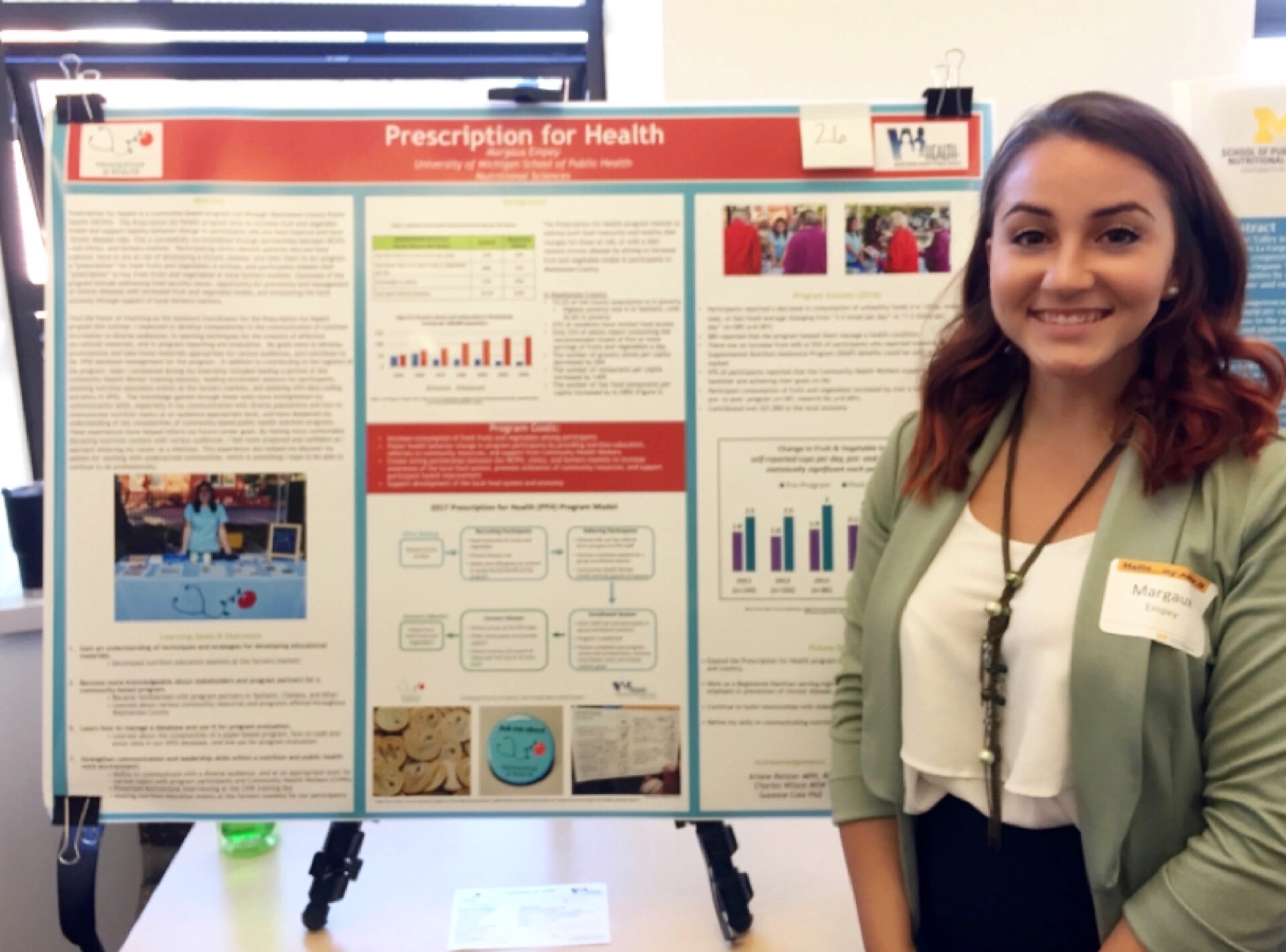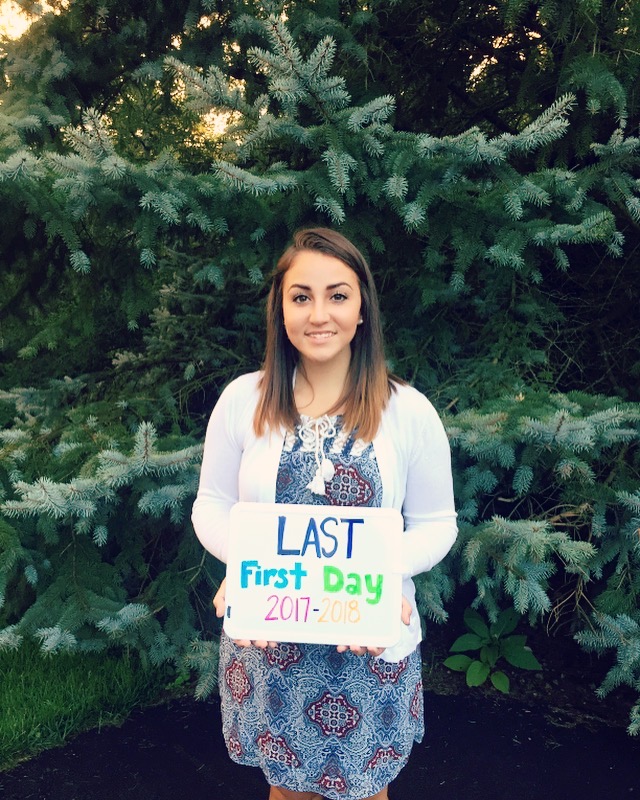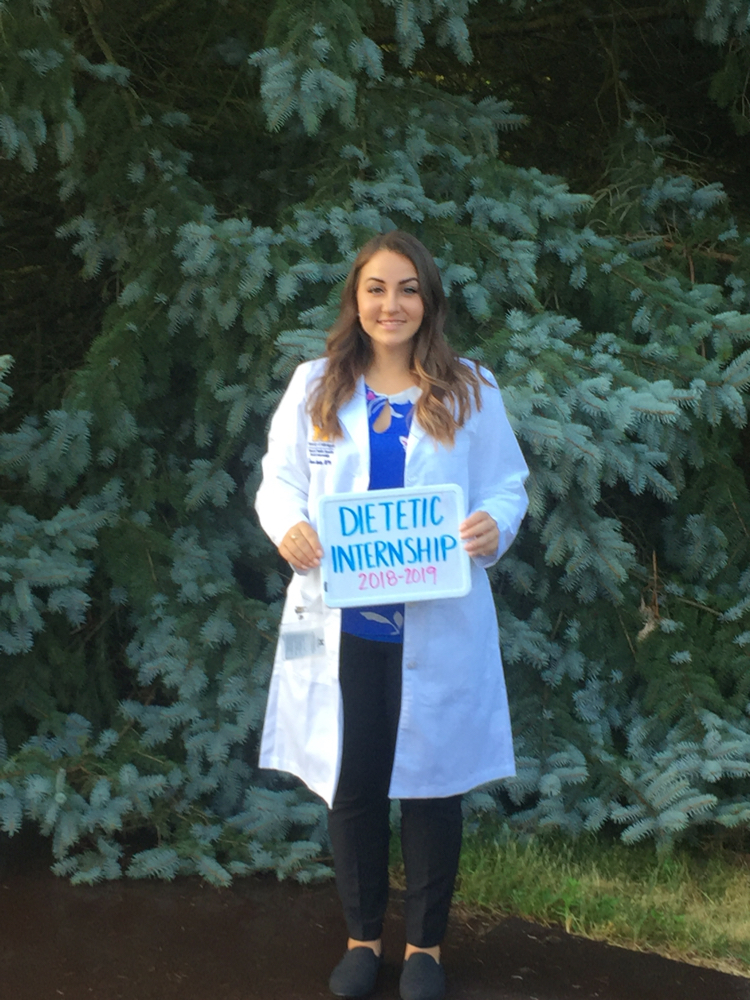Is there a difference between a Dietitian (RD or RDN) and a Nutritionist?
With the boom of internet, blogs, health coaches, nutrition topics in the news, and people posting about fad diets and giving nutrition advice all over social media, it’s understandable why there’s so much confusion and misinformation.
Who is offering up this nutrition advice and information is actually really important.
Whether you are looking online to find a new healthcare practitioner to help you with your nutrition concerns, or just doing a quick google search to find information on something, it’s important to know who is giving the advice and if they’re qualified to do so.
The major difference between a dietitian and a nutritionist is how they are regulated, and what requirements are needed to use the respective title.
Registered Dietitian (RD) or Registered Dietitian Nutritionist (RDN)
Dietitians, whether they refer to themselves as a RD or RDN, have the same credentials. Dietitians have strict requirements in order to meet credentialing standards. RDs are the only health professionals trained, and able to provide Medical Nutrition Therapy (assessment, diagnosis, and treatment related to disease), and have extensive competencies that have to be met in order to be credentialed as a RD. Here is what must be met in order to be a RD :
Formal Education
The governing body that is responsible for accrediting education programs is The Accreditation Council for Education in Nutrition and Dietetics (ACEND). A minimum of a Bachelor’s degree, from an approved program by ACEND is required. This ensures teaching evidence-based science, and that all students get the same essential education needed to enter the field.
Coursework required includes courses like: Anatomy & Physiology, Microbiology, Biochemistry, Food Service, numerous Food/Nutrition courses, Sociology, and many more!
Supervised Practice Hours
1200 hours in different areas of dietetics (clinical, community, food service) need to be completed, fulfilling standardized competencies in each area.
This can be done part-time in conjunction with the classroom learning, in Coordinated programs, or after graduation as a full-time internship, commonly called a Dietetic Internship, in didactic programs.
Pass the national examination
Once the schooling and practice hours are completed, you’re eligible to sit for the exam. The exam is administered by the Commission on Dietetic Registration (CDR). Passing this exam gives you the Registered Dietitian credential, which is required in certain settings to work in the nutrition field, including a hospital setting.
Continuing Education
In order to maintain registration, it’s required to complete 75 hours of continuing education credits per 5 years to ensure we are staying up to date in this ever changing field. There’s always new research and new fields, and this ensures that we are lifelong learners, and can provide the most accurate information to our clients.
Additional Certifications
Further opportunity, if desired, to pursue additional specialization and certificates is available to RDs. These are offered by the CDR, the Academy, and/or other recognized medical and nutrition organizations.
Examples include:
Certified Diabetes Educator (CDE)
Sports Dietetics (CSSD)
Specialist in Pediatric Nutrition (CSP)
State-based Regulatory Laws
Most states have additional regulations for RDs to practice in the state. In most cases, the state requirements are met by the requirements needed to become a RD. Contact your state regulatory board for up-to-date information for your state.
Nutritionists
In the US, many states do not regulate the term “Nutritionist,” or have loose regulations.
What does this mean? That anyone can call themselves a Nutritionist, and market themselves to offer services like nutritional counseling.
Why is this concerning? Let’s take this example:
If you need surgery, would you want someone who didn’t go to medical school, go through residency, and be in good standing with their accreditation agency to operate on you?! Heck no! A Doctor is known to provide a specific medical service, and there is a national governing body that credentials and qualifies people to provide those services. Similar to a Registered Dietitian, who is the only qualified nutrition practitioner to provide nutrition services, have adequate training and accreditation. A nutritionist on the other hand, often times has no regulations to ensure they are qualified or knowledgeable to provide nutrition information.
This means someone who claims they are a Nutritionist may have no formal education, often taking an online or weekend course in nutrition, that does not have the same regulation standards to ensure it’s evidenced-based information, have the thousands of hours of supervised practice, and intensive training in the field. Bottom-line, this can be dangerous. Nutrition is more than coming up with recipes and making a meal plan. Having the understanding on a biochemical level, and the science of nutrition is extremely important, especially when recommending diet changes or when trying to manage a chronic disease or condition.
There are some credentials offered in some states to become a Certified Nutritionist (CN). Having this credentials is a step in the right direction, since it is regulated with requirements needing to be met, but require less training and and provide less authority and abilities compared to a RD.
Takeaways:
Ask for Credentials. If you find a website of someone providing nutrition services, look in “About Me” sections or contact them to ask for their credentials. It’s important to seek help from a RD or RDN. This also goes for if you find yourself reading a blog post or article about a nutrition topic. See who is offering this information to see if it’s a reliable source! Remember, not everything on the internet is true.
Specialty Area? If you’re looking for help in a specific area (Diabetes, weight loss, allergies etc.), find a RD who has experience and/or specializes in that area. Think of it this way, you wouldn’t go to an OBGYN for an ear infection right? Find someone who meets your needs! We all get the same training, and in most instances, any RD could help with any area you need help in. That being said, there are so many specialties, and so much to know in each area of dietetics, that finding someone who dedicates their time to a particular area may be more beneficial to you depending on the area you’d like help in!
Formal training is important. There is so much nutrition information out there, and lots of unqualified people are giving nutrition advice. Without proper training, advice could be harmful. If you’re looking to seek help through a private practice setting, price differences may be a factor that you take into consideration. Although some Nutritionists may charge less than RDs, remember you’re investing in a well-qualified nutrition expert. (If you have health insurance, many insurance plans cover all or part of services provided by RDs. If you’re seeing a private practice RD, ask if they accept insurance! They will be willing to work with you to figure it out).
RDN does not equal Nutritionist. As mentioned above, a Registered Dietitian Nutritionist (RDN) is the same as a RD. Even though Nutritionist is part of the title, it is not the same as someone who is a Nutritionist. Some dietitians may refer to themselves as a nutritionist, but not all nutritionists are dietitians. This can be confusing, I know (*sigh*). Since ‘Nutritionist’ is very clear that it is a person who is an expert in nutrition, more people understand what that is. On the other hand, many people don’t recognize or know what a Registered Dietitian is. In efforts to make our profession more recognizable, they tacked on the “Nutritionist” to the end, in hopes more people will recognize us as the experts in the field. Referring back to #1, just look for credentials to clarify!
If you have any questions about the profession, or anything mentioned in this post, be sure to comment below or contact me with any and all questions! :)






